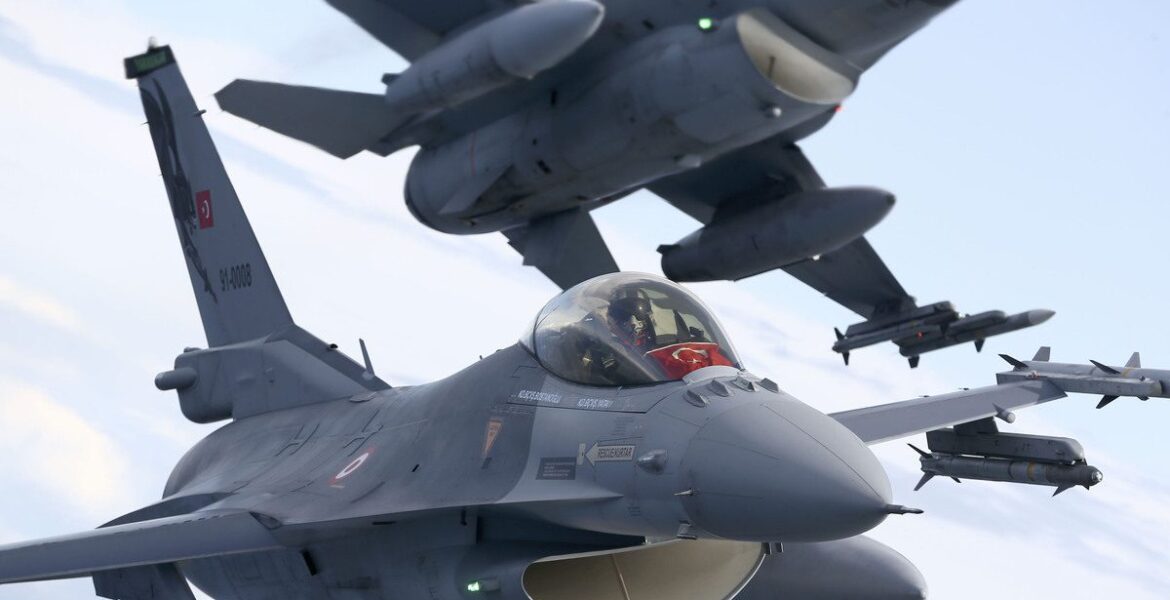The Greek government reported 60 violations of its airspace on Monday during the day, attributing them to eleven aircraft: five F-16 fighter-bombers and 55 drones.
The Aegean’s centre, southeast, and northeastern regions have all recorded events; twelve are in the Athens Air Information Region.
Greek public television Skai claimed that the Turkish planes “were intercepted in conformity with international law.”
Turkey, a more than 70-year NATO member, had questioned the Greek government’s recent rhetoric and actions, particularly when it came to militarising some islands close to Turkey’s coast that had previously been demilitarized by the treaty that the two nations had signed.
Greece claims that there are three categories of islands in dispute: in the North (Lemnos, Samothraki etc.), in the ‘middle” (Lesvos, Chios, etc.), and in the South (The Dodecanese). According to Greece, the agreement about the “north” islands was annulled by the Montreux Treaty of 1936, and this treaty was recognized by declarations of Turkish officials (Turkey claims that the declarations did not have legal status).
The Greek claim for the “middle” islands is that the Lausanne Treaty (Article 13) does not mention any specific kind of military installations (radar stations, etc.) that are to be prohibited, nor limit the number of soldiers. (The Turkish side evaluates “demilitarization” as covering all military uses).
As to the South (Dodecanese), Greece claims that Turkey is not part of the 1947 Treaty and thus has no right to invoke it.
A Greek argument that runs for all islands is that Greece is threatened by Turkey (the Fourth army in western Turkey, the extensive landing fleet opposite the islands, and the “casus belli declaration”), which incurs the right to self-defence.


